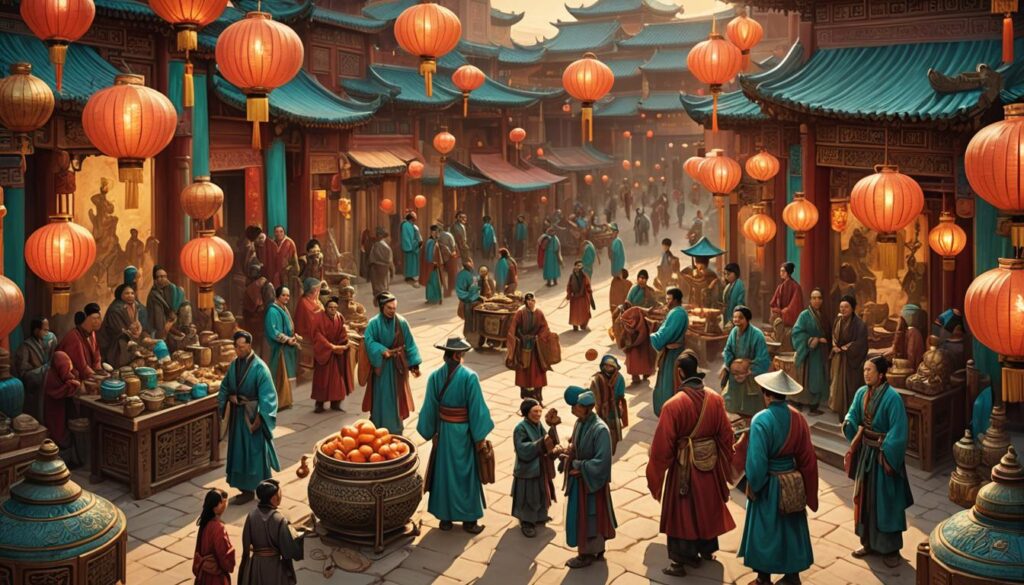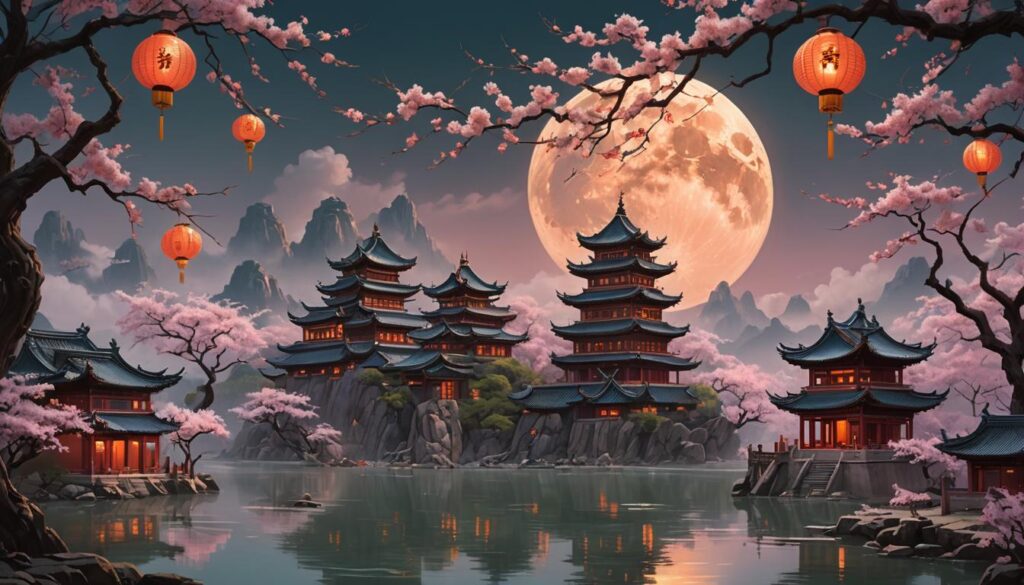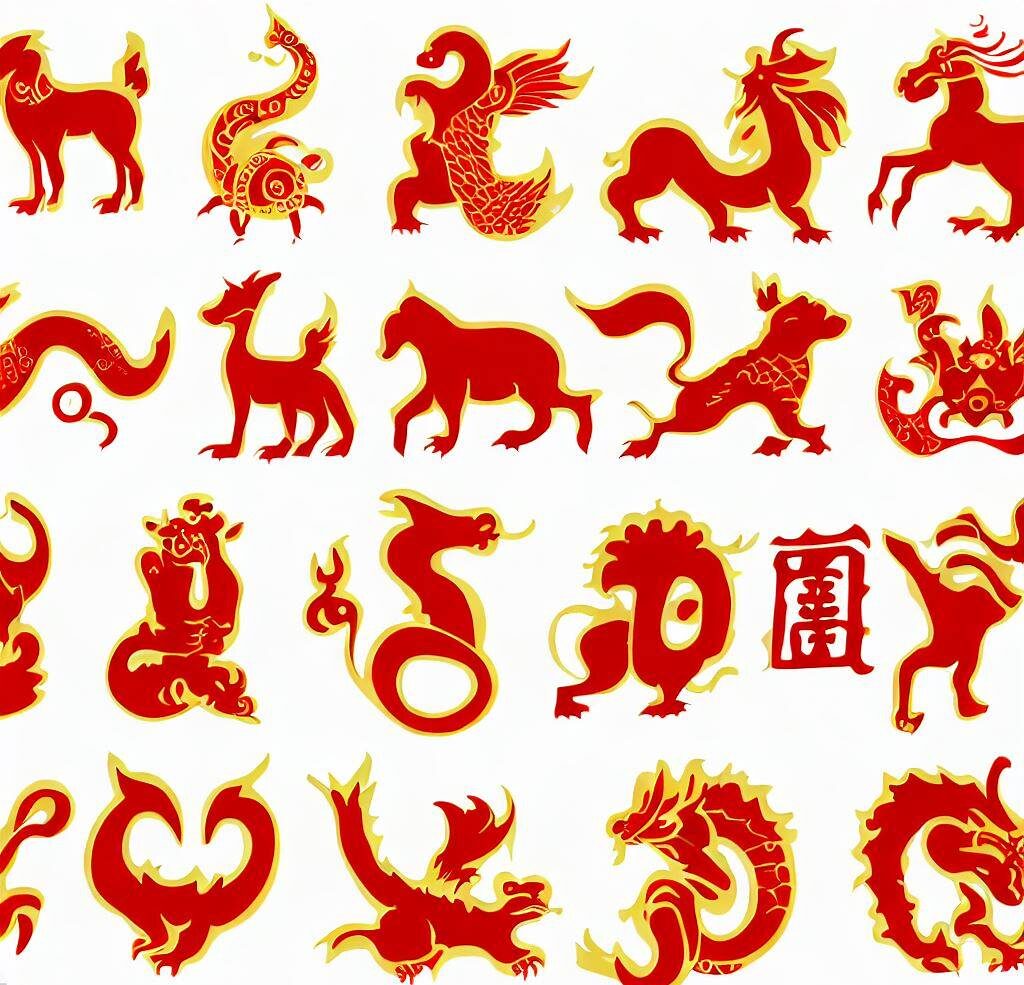The Chinese Cantonese language

The Chinese Cantonese language
A Brief History of Cantonese
The Chinese Cantonese language, known as 粤语 (Yuèyǔ) in Chinese, has a history that dates back over a thousand years. It is primarily spoken in the Guangdong (广东省) province of southern China, Hong Kong (香港 – Xiānggǎng), Macau ( 澳门 – Àomén), and among Chinese diaspora communities worldwide. Unlike Mandarin, which is rooted in the northern part of China, Cantonese evolved in the southern regions, influenced by the area’s unique geography, culture, and historical development.
The language’s roots can be traced to the Han Dynasty (206 BC – 220 AD), but it wasn’t until the Tang Dynasty (618 – 907 AD) that Cantonese began to take on a distinct form. During this time, southern China became more developed and integrated into the larger Chinese empire, allowing regional dialects like Cantonese to flourish. Over the centuries, Cantonese absorbed elements from different languages and dialects, including influences from foreign traders who frequented the southern ports.
By the time of the Qing Dynasty (1644 – 1912), Cantonese had become the dominant language of Guangdong province and had also spread to nearby areas like Hong Kong and Macau. The 19th century saw a large wave of emigration from Guangdong, particularly to Southeast Asia, North America, and Australia, which helped to spread Cantonese around the globe.
Geographical Distribution and Influence
Today, Cantonese is spoken by over 80 million people worldwide. In mainland China, it’s primarily used in Guangdong province and the neighboring Guangxi (广西省) province. The cities of Guangzhou (广州), historically known as Canton as well as, Shenzhen (深圳), and Foshan (佛山) are some of the major urban centers where Cantonese is the dominant language.
Hong Kong and Macau, both former European colonies (British and Portuguese, respectively), are perhaps the most internationally recognized Cantonese-speaking regions. In Hong Kong, Cantonese is the official language and is used in government, education, and daily life. Despite Hong Kong’s return to Chinese sovereignty in 1997, Cantonese remains the primary language of communication, distinguishing the region from mainland China’s predominately Mandarin-speaking population.
Cantonese also has a significant presence in overseas Chinese communities. In cities like Vancouver, San Francisco, New York, and Sydney, Cantonese is a common language in Chinatowns and among Chinese immigrants. These communities have helped to preserve the language and maintain its cultural relevance outside of China.

The Cultural Significance of Cantonese
Cantonese is not just a language but a cultural trait that carries the traditions, values, and identity of its speakers. Its unique sounds and tones set it apart from Mandarin and other Chinese languages, with a tonal system that includes six to nine distinct tones (depending on the dialect), compared to Mandarin’s four. This tonal complexity gives Cantonese a musical quality and also makes it particularly expressive.
One of the most fascinating aspects of Cantonese is its rich colloquial vocabulary and slang, which often doesn’t have direct translations in other languages. This linguistic creativity reflects the dynamic and often humorous nature of Cantonese culture. Many of these expressions have made their way into pop culture, particularly through Hong Kong’s vibrant entertainment industry.
Cantonese in Media and Entertainment
Hong Kong cinema and television have played a significant role in spreading Cantonese culture worldwide. From martial arts films starring Bruce Lee or Jackie Chan to the romantic comedies and crime dramas of the 1980s and 1990s, Cantonese-language movies have left an indelible mark on global pop culture. Even today, Hong Kong’s film industry continues to produce influential content, with many films featuring dialogue in Cantonese.
Cantonese music, particularly Cantopop (Cantonese pop music), has also had a significant impact. During the 1980s and 1990s, Cantopop was the dominant genre in the Chinese-speaking world, with stars like Anita Mui, Leslie Cheung, and Jacky Cheung becoming household names across Asia. Not forget mentioning Beyond that was extremely popular among young people. The genre’s emotional lyrics and catchy melodies have made it a staple of Hong Kong’s cultural identity.

Cantonese Cuisine
Another crucial aspect of Cantonese culture is its cuisine, which is celebrated for its diversity, freshness, and balance of flavors. Cantonese food is perhaps the most internationally recognized Chinese cuisine, with dishes like dim sum, char siu (barbecue pork), and wonton noodles being popular worldwide.
Dim sum, in particular, is more than just a meal; it’s a social experience. Traditionally enjoyed with tea, dim sum involves sharing small dishes among friends and family, embodying the communal spirit of Cantonese culture. The phrase “yum cha” (饮茶), which means “drink tea,” is often used to describe this practice, highlighting the importance of food and drink in social gatherings.
Cantonese Language Preservation
The future of Cantonese faces challenges, due to the fact that Mandarin is the official and national Chinese language in China. However, its strong cultural roots in Hong Kong, Macau, and Guangdong, combined with global diaspora efforts, the preservation of Cantonese has hope. While the shift towards Mandarin and English in education and media could reduce its usage. However, the pride and dedication of Cantonese speakers, along with modern technology and media, suggest that Cantonese will continue to exist, though its role may evolve over time.








